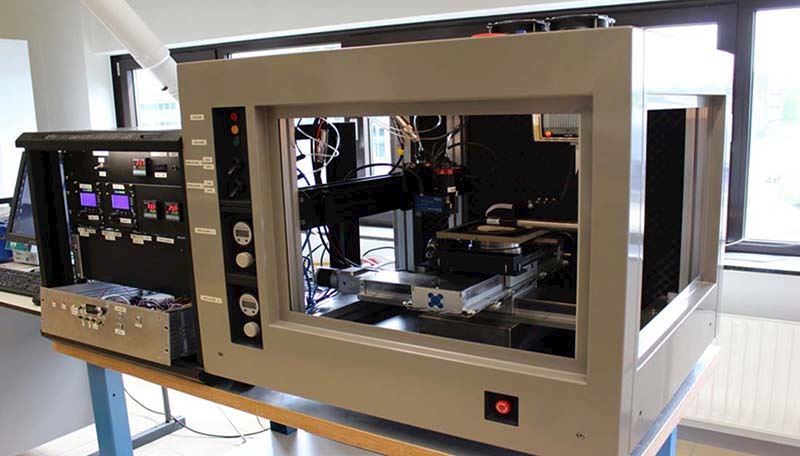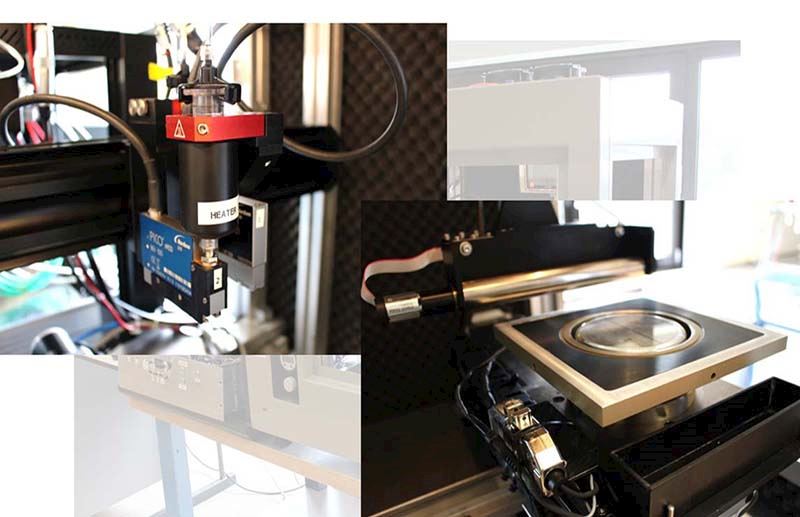The Netherlands-based independent research organization TNO is far from a one trick pony; the collective has contributed numerous innovations in both 3D printing technology and beyond. Having already conquered 3D printing complete food products over the past couple of years, TNO has come to realize that the ‘ingredients’ used for food-based 3D printing are pretty much identical to those needed to 3D print pharmaceutical drugs. This has led TNO to expand their 3D printing technology into the medical field, and are now attempting to successfully 3D print biocompatible oral dosage forms (ODFs) for safe human intake.
The pharmaceutical research is being led by TNO’s Sr. Business Developer Predictive Health Technologies Steven Erpelinck. Not only is TNO looking to replicate traditionally produced ODFs with their 3D printing technology, they are actually looking to improve it too. By utilizing 3D printing, TNO believes that pharmaceutical drugs can be developed in a much more free and expansive way. Potential factors that will become more accessible through 3D printing technology includes API dosage and distribution, excipient use and distribution, and also tablet structure and shape. Here is the full list of potential advantages to using 3D printing technology to produce ODFs:
- Easy fabrication of ODFs with varying dosages.
- Fabrication of ODFs with specific, designed release profiles.
- Easy fabrication of ODFs containing multiple APIs.
- Fabrication of ODFs with designed internal structure (e.g. micro-channels).
- Fabrication of unique ODF shapes (marketing, anti-counterfeiting).
TNO isn’t just stopping at the production of these ODFs, they obviously must be tested on bio-similar vitro platforms to ensure safe consumption. This is why they have developed testing platforms such as the InTESTine, which replicates different parts of the human GI tract. By testing these ODFs on the InTESTine, TNO can investigate just how biocompatible these 3D printed ODFs are with the human body. “These ex-vivo experiments represent the human gut physiology and has shown to be very predictive investigating the oral bio-availability in humans,” said Erpelinck. From food to pharma, TNO has continued their top-notch research on 3D printing technology, and will continue to investigate bio-availability and personalized medicine through their 3D printed ODFs.




